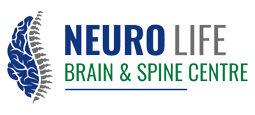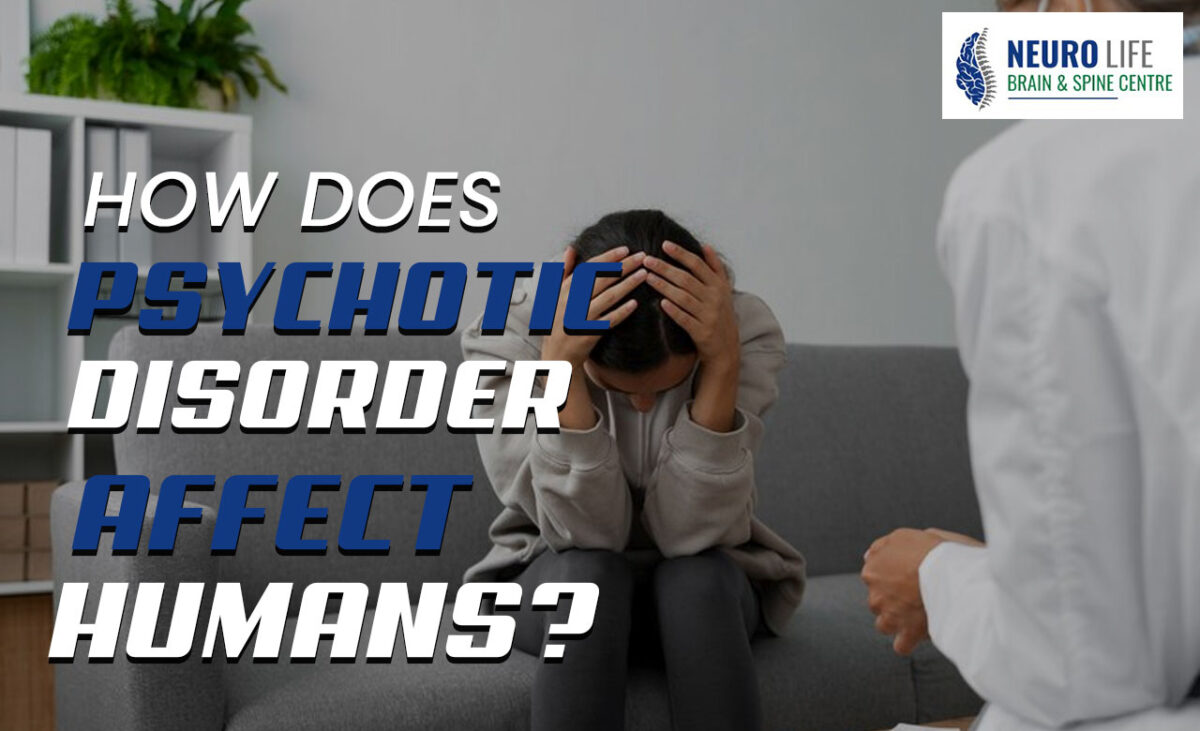People with psychosis typically experience delusions and hallucinations. Psychotic disorders are severe mental disorders that cause abnormal thinking and perceptions. People with psychosis lose touch with reality. Two of the main symptoms are delusions and hallucinations. Delusions are false beliefs, such as thinking that someone is plotting against you or that the TV is sending you secret messages. Hallucinations are false perceptions, such as hearing, seeing, or feeling something not there.
What is the definition of the psychotic disorder?
Psychosis is disconnection from reality. People have false beliefs or experience things that are not real. Psychosis is not a condition. It is a term that describes a collection of symptoms. The best neurologist in Punjab will provide you with the treatment.
What are the causes of the psychotic disorder?
There are different types of reasons that cause psychotic disorder.
- Physical ailment or damage: If you have lead or mercury poisoning, a high fever, or a head injury, you might see or hear things. Delusions or hallucinations may potentially be a symptom of Parkinson’s or Alzheimer’s disease.
- Maltreatment or injury: Psychosis is more prone to occur in those who have been the victim of abuse or traumatic events. Experiences with racism are included in this.
- Recreational narcotics: It is still unclear if using recreational drugs like cannabis and LSD directly causes psychosis; ingesting these drugs may increase your chances of hearing or seeing strange things.
Symptoms of the psychotic disorder
There are different signs people experience during the psychotic disorder.
- Delusions: Irrational, unfounded, false beliefs. These views might be weird or discriminatory and are frequently illogical. For instance, someone can think invisible forces are targeting them or that they possess unique abilities.
- Hallucinations: Sensory experiences that happen without outside stimuli are known as hallucinations. Hearing voices that other people cannot hear is known as auditory hallucinations, and it is the most prevalent kind of hallucination in psychotic conditions.
- Thinking unorganized: Need help putting ideas into order or interpreting data. This can appear as jumbled or nonsensical speech, which makes it challenging for others to comprehend the speaker’s ideas or message.
- Negative symptoms include less emotional expression, social disengagement, and a lack of drive or enthusiasm for activities. They also relate to a decline in everyday functioning.
Treatment of the psychotic disorder
Psychotic disorders are most effectively treated with a combination of medications and therapies. A psychiatrist can help you determine your needs based on your condition’s severity.
Medication: Antipsychotic medications are among the first lines of treatment for psychosis. These help to block serotonin or dopamine receptors in your brain to prevent hallucinations and delusions. Antipsychotics may not be appropriate for substance use-related psychosis. This largely depends on the substance used.
Therapy:
Different forms of therapy are used in the treatment of psychosis:
- Cognitive behavioral therapy is particularly helpful in changing the thought patterns that can lead to delusions and hallucinations.
- Individual talk therapy may also help you work through your feelings, which can help treat instances of trauma.
- Psychoanalytic therapy can have a significant impact on the functioning of people with psychosis.
Nowadays, people are suffering from Stroke and high blood pressure kind of diseases, and patients need the best doctor for the treatment of these conditions. The Neuro Life Brain and Spine Surgery Center has the best doctor for the treatment. The best Neurosurgeon in Ludhiana are present at our hospital.



